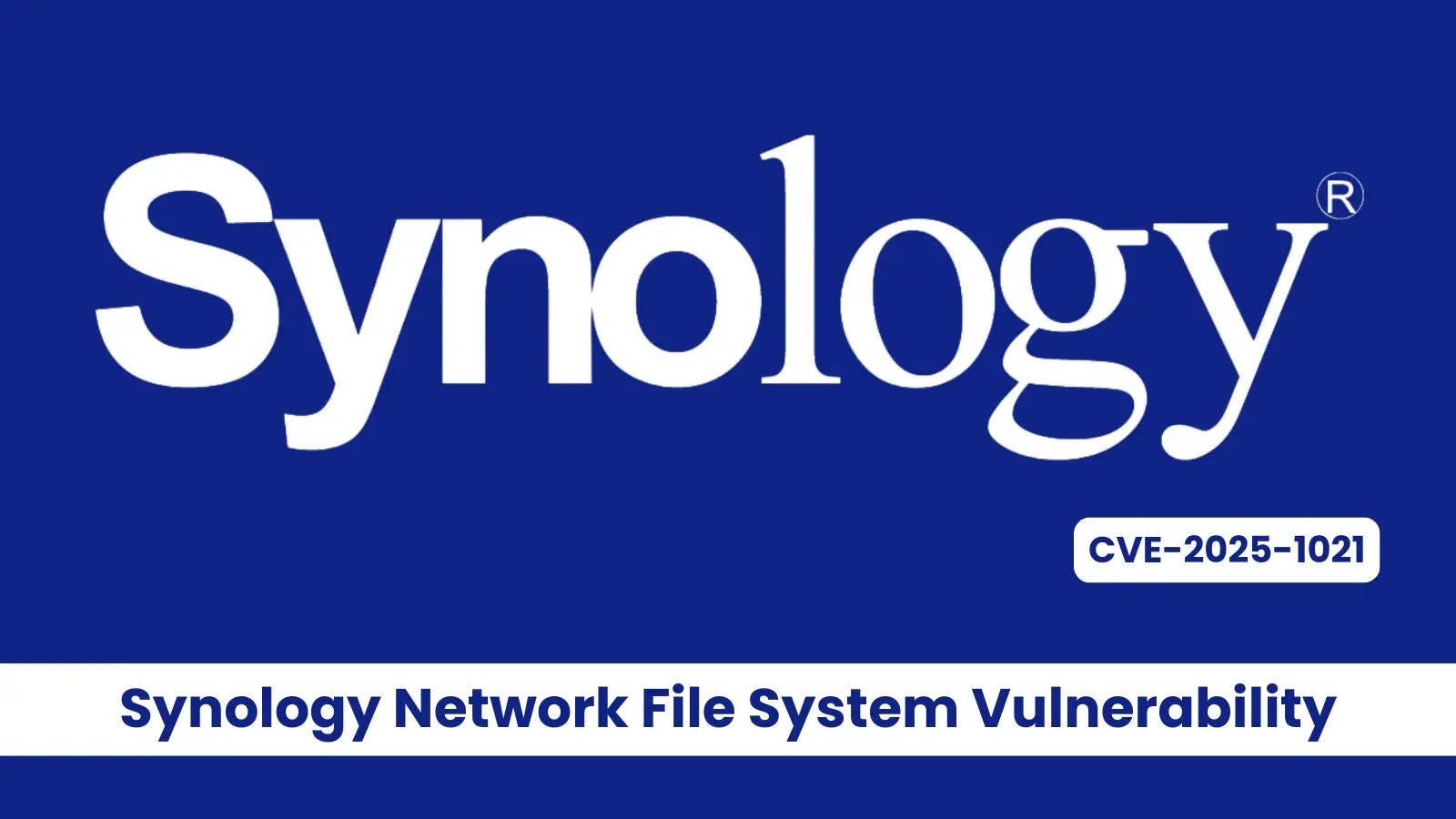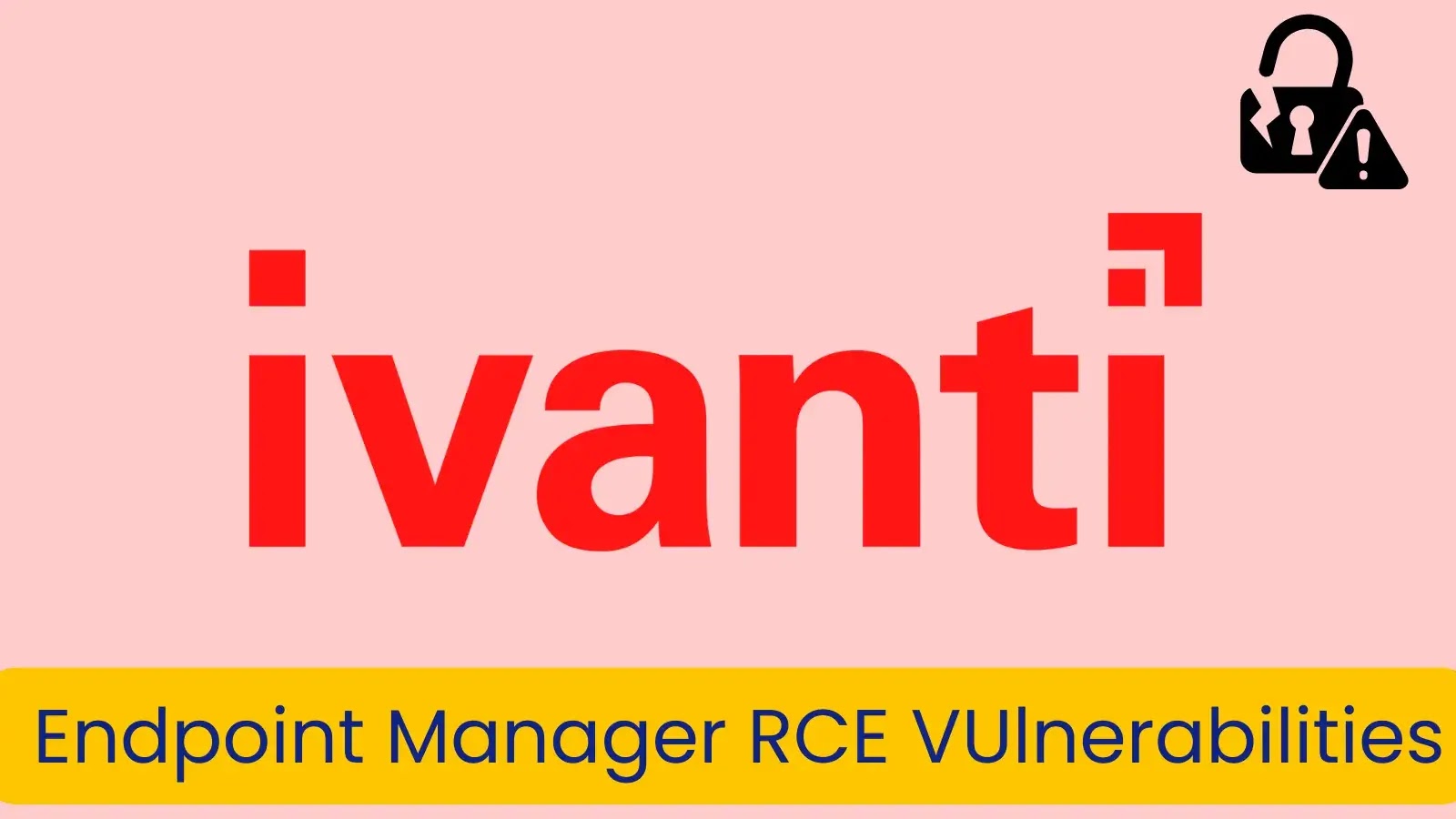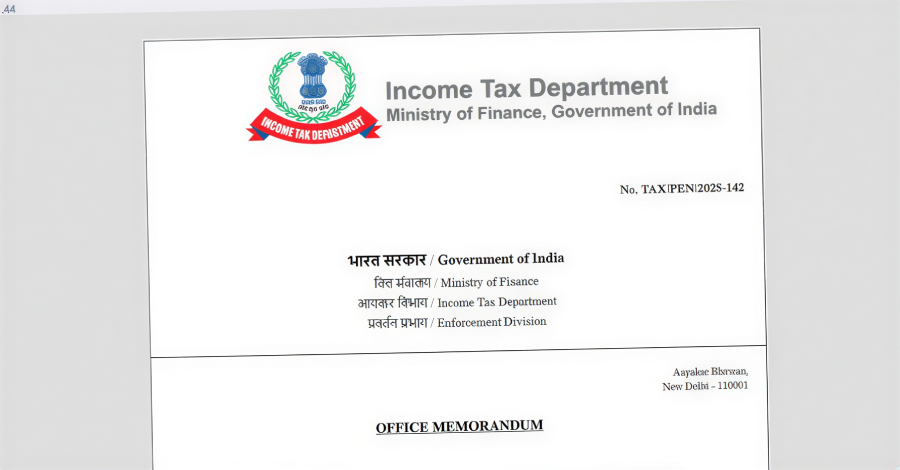A significant security vulnerability has been identified in Synology’s DiskStation Manager (DSM) software, potentially allowing unauthorized remote access to sensitive files through the Network File System (NFS) service. This flaw, designated as CVE-2025-1021, has been addressed in recent updates, and users are strongly advised to apply these patches promptly to safeguard their data.
Understanding the Vulnerability
CVE-2025-1021 is classified as an Important security issue, with a Common Vulnerability Scoring System (CVSS) base score of 7.5. The vulnerability arises from inadequate authorization mechanisms within the synocopy component of Synology’s DSM software. This deficiency enables unauthenticated remote attackers to bypass security controls and access sensitive files via a writable NFS service.
The technical specifics, as detailed by Synology, are characterized by the CVSS vector: CVSS:3.1/AV:N/AC:L/PR:N/UI:N/S:U/C:H/I:N/A:N. This indicates that the vulnerability is exploitable over a network, has low attack complexity, requires no privileges or user interaction, and can lead to significant confidentiality impacts.
Impacted Products and Versions
The vulnerability affects multiple versions of Synology’s DSM operating system:
– DSM 7.2.2: Versions prior to 7.2.2-72806-3
– DSM 7.2.1: Versions prior to 7.2.1-69057-7
– DSM 7.1: Versions prior to 7.1.1-42962-8
Users operating these versions are at risk and should take immediate action to update their systems.
Potential Risks and Exploitation
The primary risk associated with this vulnerability is unauthorized access to sensitive data. Attackers exploiting this flaw can read arbitrary files without authentication, potentially leading to data breaches and exposure of confidential information. Given that no user interaction is required for exploitation, the vulnerability poses a significant threat to organizations relying on Synology NAS devices for data storage.
Discovery and Reporting
The DEVCORE Research Team, renowned for identifying critical security issues in enterprise software and hardware, is credited with discovering this vulnerability. Their proactive reporting has enabled Synology to develop and release patches to mitigate the risk.
Recommended Actions for Users
To protect against potential exploitation, Synology users should:
1. Verify DSM Version: Determine the current DSM version running on all Synology devices.
2. Apply Updates: Upgrade to the latest DSM versions:
– DSM 7.2.2: Update to version 7.2.2-72806-3 or later.
– DSM 7.2.1: Update to version 7.2.1-69057-7 or later.
– DSM 7.1: Update to version 7.1.1-42962-8 or later.
3. Review NFS Configurations: Assess NFS share settings and permissions to ensure they align with security best practices.
4. Monitor System Logs: Regularly check system logs for any unusual activity that might indicate attempted or successful exploitation.
Importance of Timely Updates
This vulnerability underscores the critical importance of keeping network storage devices updated, especially those accessible over the internet or within corporate networks. Prompt application of security patches is essential to prevent unauthorized access and protect sensitive data from potential breaches.
Conclusion
The discovery of CVE-2025-1021 highlights the ongoing challenges in securing network-attached storage systems. Synology’s swift response in releasing patches is commendable, but the onus is on users to implement these updates without delay. By taking proactive measures, organizations can mitigate the risks associated with this vulnerability and ensure the integrity and confidentiality of their data.



